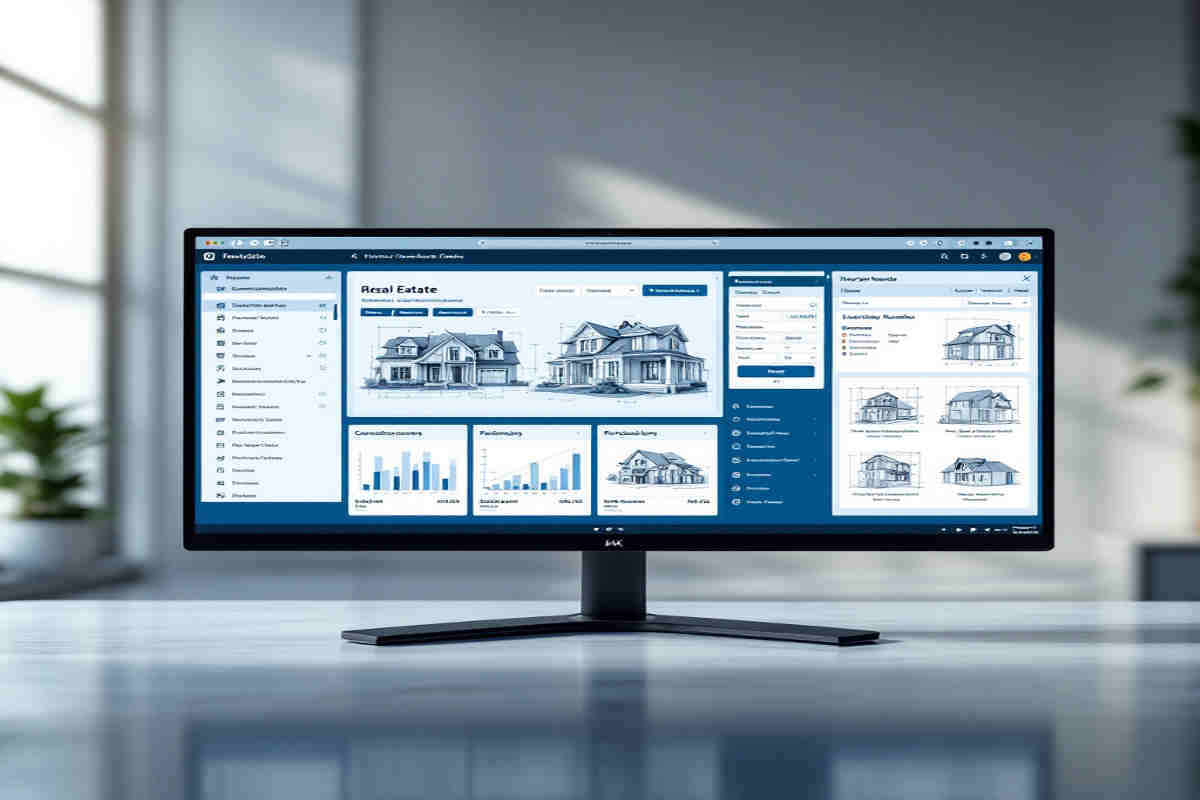Every home has a story, hidden within its walls and foundations. While you may be familiar with its layout, quirks, and charm, discovering who built your home can unlock a treasure trove of valuable insights. From understanding the craftsmanship behind your property to ensuring proper maintenance and resale value, knowing your home’s builder matters more than you might think.
Why Knowing Your Home’s Builder Matters
The identity of your home’s builder carries significant implications for your property’s present and future. Let’s explore why uncovering this information is so important.
Builder Reputation and Property Value
The reputation of your home’s builder can directly impact your property’s value. A well-known, reliable builder often equates to higher quality construction, which improves safety, durability, and long-term value. On the other hand, homes built by less reputable builders may face issues such as structural instability or material shortcuts.
For example, a homeowner who discovered their house was built by a nationally recognized builder could sell their property for 15% more than similar homes in their area. Conversely, another homeowner struggled with constant repairs after learning their builder had a history of cutting corners.
Renovations, Repairs, and Warranties
Knowing your builder helps you identify the materials and methods used in the original construction when planning renovations or repairs. This makes it easier to find compatible replacements or solutions. Additionally, many builders offer warranties on their work, which may still be valid if your home is relatively new.
Legal and Insurance Reasons
Knowing the builder’s identity can help you determine responsibility if structural issues arise. Sometimes, you may need this information for legal claims or insurance purposes. For example, if a home was poorly constructed and caused damage, identifying the builder can be the first step toward resolving the issue.
The Digital Age: Can You Really Find Out “Who Built My House Online”?
Thanks to advancements in technology, finding property information is easier than ever. But is it possible to reliably discover “who built my house online”? Let’s set some expectations.
You may also read (heating your home without gas).
What Information is Available Online?
Many property records, building permits, and historical documents have shifted to digital databases. You might find details about your home’s builder, architect, or contractor through these resources. However, the extent of available information depends on your home’s age, location, and the completeness of the records.
Common Challenges in Online Searches
While the internet offers a treasure trove of information, it’s not always straightforward. Some challenges include:
- Incomplete records for older homes built before the digital era.
- Limited access to government databases, which may require in-person visits.
- Anonymous builders in significant developments or custom-built homes.
Despite these hurdles, online research can be a valuable starting point.
Essential Documents to Start Your Search
Before diving into online databases, gather key documents related to your property. These may already contain the information you’re seeking.
Deed and Title Documents
Your deed or title documents often include details about the property’s history, including its builder. These can typically be found in your closing paperwork or at your local county recorder’s office. Look for names of developers, builders, or contractors.
Closing Documents and Homeowner’s Packet
If you purchased your home from a builder or developer, the closing documents or homeowner’s packet might include detailed information about the construction. This could range from the builder’s name to warranties and material specifications.
Building Permits and Certificates of Occupancy
One of the most reliable sources for builder information is your home’s building permits or certificate of occupancy. You can access these through your city or county’s building department. Look for:
- Builder or contractor names
- Architect details
- Dates of construction and approvals
Step-by-Step Guide: How to Find Out Who Built Your House Online
Ready to start your search? Follow these steps to uncover your home’s builder.
Check the County Auditor or Assessor’s Website
Most county auditors or assessors maintain property records online. These records often include information about the property’s history, including builder details. Search using your property’s address or parcel number.
Search Local Building Department Records
Many municipalities offer online permit search tools where you can view building permits and inspections. If the records aren’t available online, you may need to request them in person.
Explore Home Builders Associations and Directories
Local home builders associations often maintain directories of builders and their projects. Search for associations in your area and browse their listings to identify potential matches.
You may also read (partner on a house).
Utilize Real Estate Platforms and Review Sites
Websites like Zillow, Realtor.com, and HomeAdvisor may include builder information, especially for newer homes. Check property descriptions, reviews, or community details for clues.
Investigate Public Court Records
Public court records can reveal if your builder has ever been involved in lawsuits or complaints. These records may list the builder concerning disputes, providing additional context about their work.
Offline Resources That Complement Online Searches
While online tools are powerful, they may not always have the complete picture. Here are some offline strategies to supplement your search.
Talk to Neighbors and Real Estate Agents
Neighbors, especially in planned communities, often have insights about the builder. Similarly, real estate agents with local expertise can provide historical data about homes in the area.
Visit Local Government Offices
If online records are incomplete, visit your county recorder’s office or building department. Bring your property address, identification, and relevant documents to streamline the process.
Tips for Verifying Builder Information
Verifying the details is important once you’ve identified your home’s builder. Here’s how:
- Cross-check multiple sources to ensure accuracy.
- Watch for red flags like lawsuits, poor reviews, or defunct companies.
- Look into builder name changes, mergers, or acquisitions, which might affect your search.
- Use social media and forums for additional insights or reviews.
What to Do Once You Identify Your Home’s Builder
Now that you know who built your home, what’s next? Here are some actionable steps:
- Research their reputation: Look into their past projects and customer reviews.
- Contact the builder: If they’re still in business, seek records, warranties, or renovation advice.
- Leverage the information: Use builder details for insurance claims, repair decisions, or resale negotiations.
- Plan for future improvements: Knowing your builder can help you maintain consistency in materials and artistry.
Common Challenges and How to Overcome Them
Despite your best efforts, you may encounter obstacles. Here’s how to tackle common challenges:
ChallengeSolution
Missing or incomplete records. Combine online and offline searches; visit local offices for deeper access.
Older homes pre-dating the digital era. Connect with local historians or archives for historical construction data.
Builder anonymity in developments. Research the developer or project manager for clues.
Dead ends in online searches. Broaden your search to include neighbors, realtors, and homeowner associations.
You may also read (down a wall in your home).

